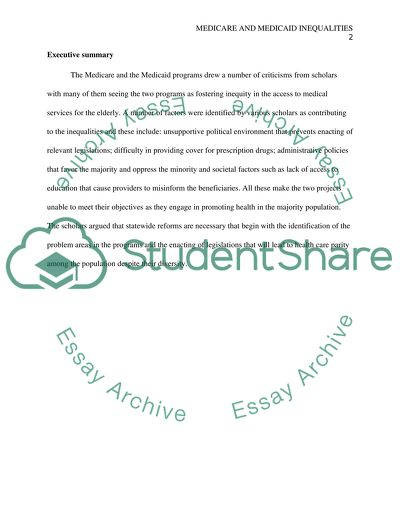Cite this document
(“Inequalities of Medicare and Medicaid for the Elderly Research Paper”, n.d.)
Retrieved from https://studentshare.org/psychology/1452695-inequalities-of-medicare-and-medicaid-for-the
Retrieved from https://studentshare.org/psychology/1452695-inequalities-of-medicare-and-medicaid-for-the
(Inequalities of Medicare and Medicaid for the Elderly Research Paper)
https://studentshare.org/psychology/1452695-inequalities-of-medicare-and-medicaid-for-the.
https://studentshare.org/psychology/1452695-inequalities-of-medicare-and-medicaid-for-the.
“Inequalities of Medicare and Medicaid for the Elderly Research Paper”, n.d. https://studentshare.org/psychology/1452695-inequalities-of-medicare-and-medicaid-for-the.


